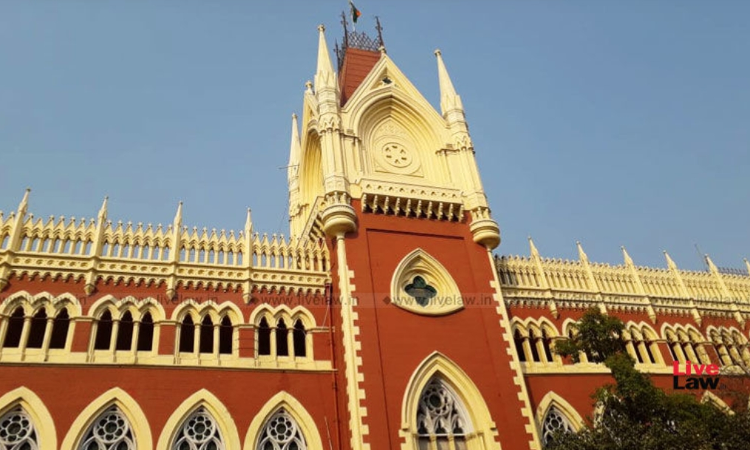The Calcutta High Court recently set aside an order of preventive detention passed under the Prevention of Illicit Traffic in Narcotic Drugs and Psychotropic Substance Act, 1988 (PITNDPS Act). Pursuant to the impugned order, the petitioner had been directed to be detained and kept in Malda Correction Home, Kolkata. Proceedings under the PITNDPS Act had been initiated against the petitioner...

